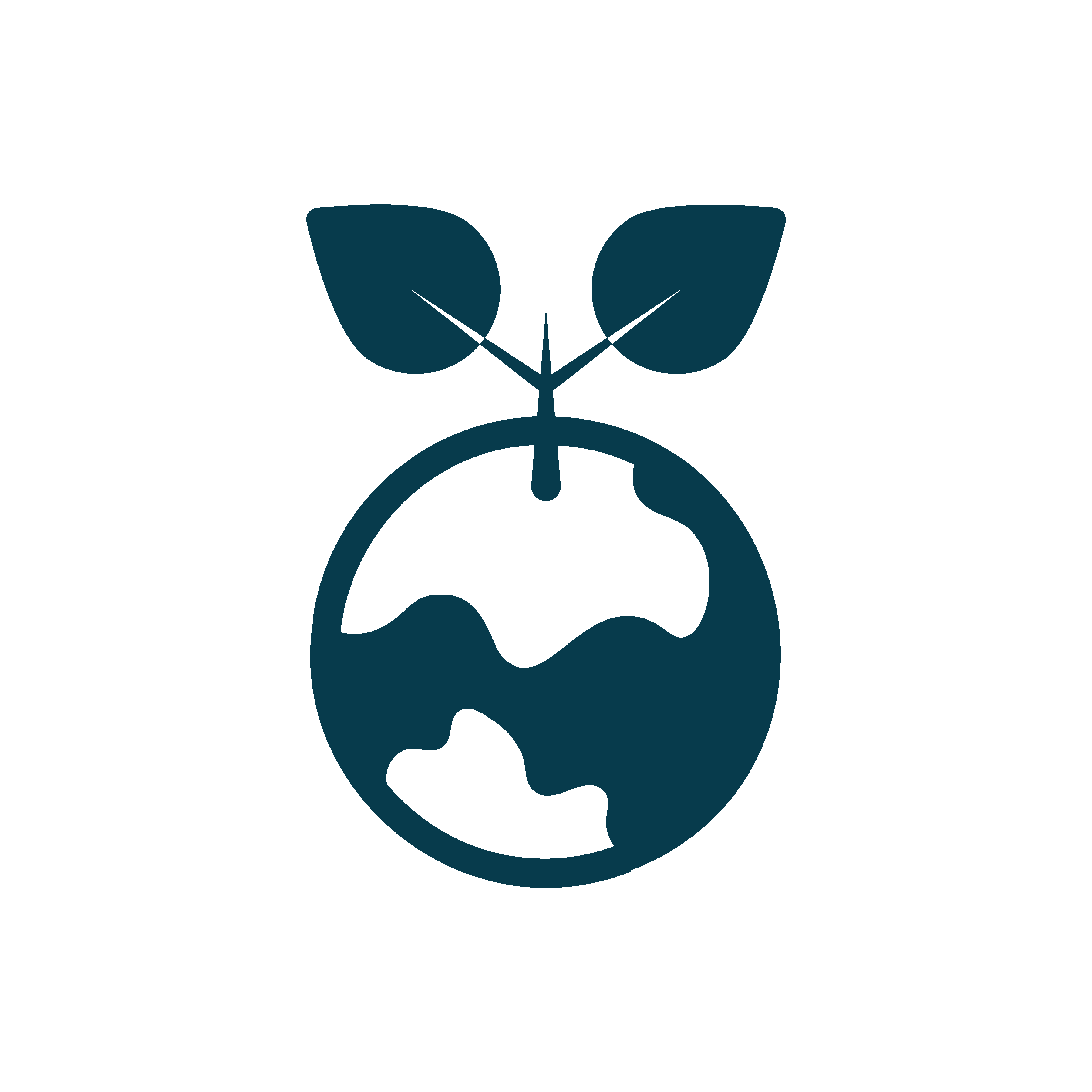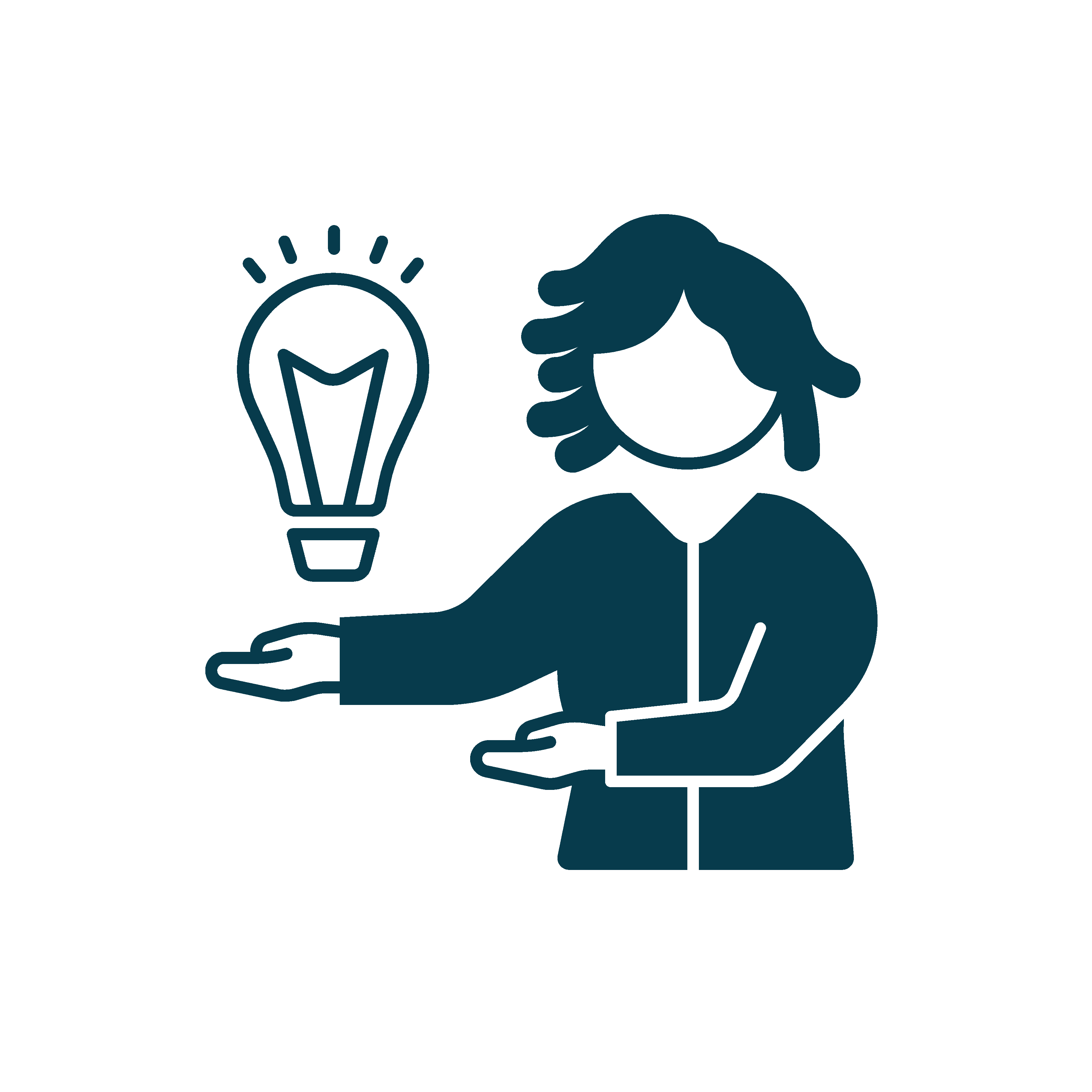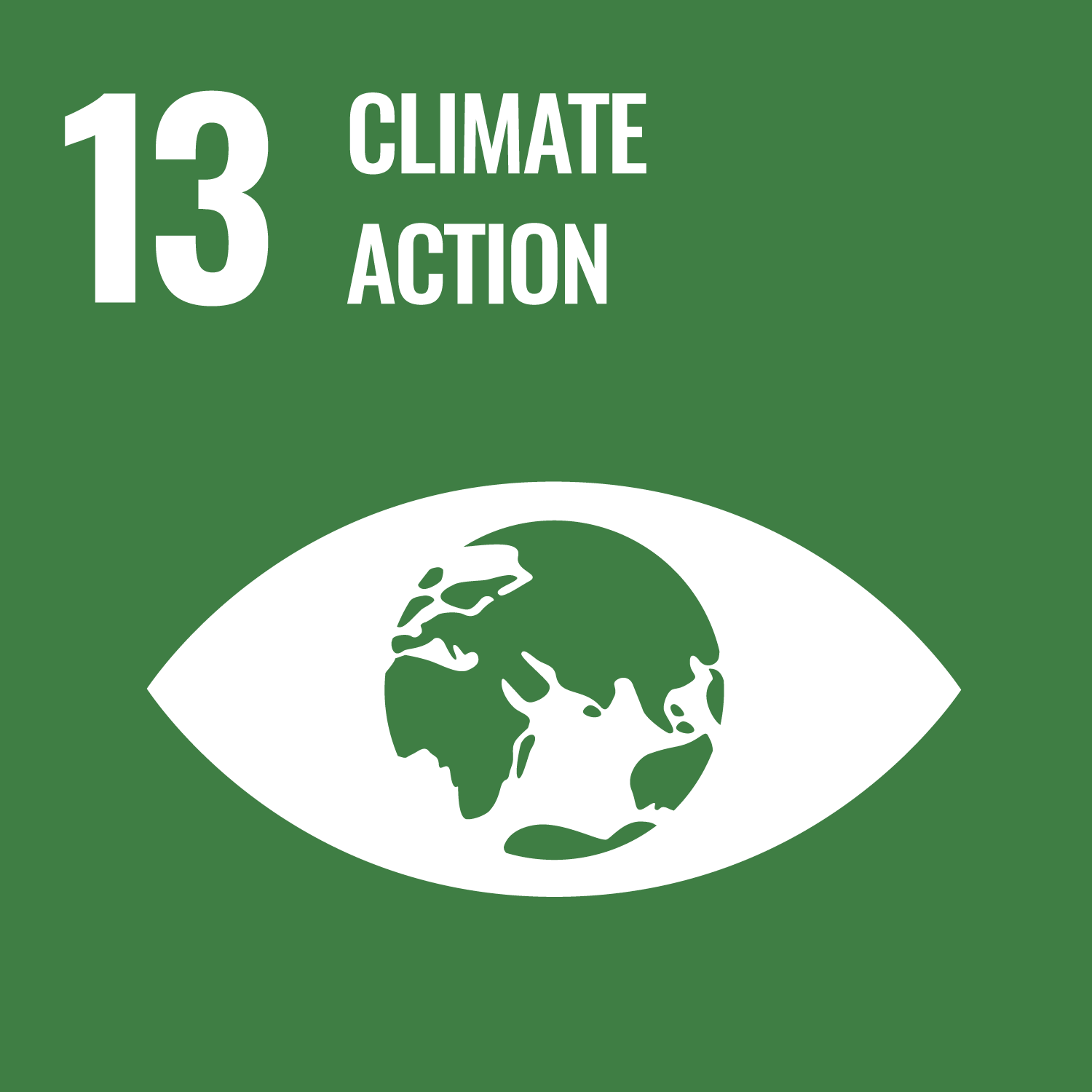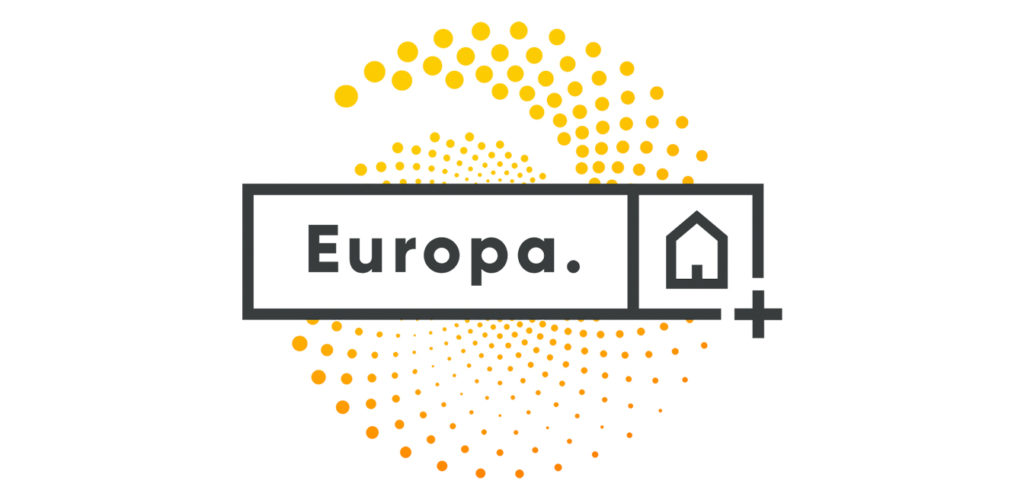The Transition Point was a pilot project designed and promoted by the Calouste Gulbenkian Foundation to tackle energy poverty among Portuguese families and contribute to a fair energy transition in the country. The project aimed to support the construction of an innovative model that implemented outreach actions in two municipalities of the District of Setúbal to support the most vulnerable families in improving the energy performance of their homes.
The project set out to develop a replicable model to support and accompany the most vulnerable families to energy poverty, which integrated all the phases of an intervention cycle with a view to energy renovation of the building (diagnosis of specific needs of each family; identification of improvement measures; identification of financing opportunities and implementation agents; accompaniment of the intervention, measurement of benefits, monitoring). The methodology consisted in involving a network of partners: ENA - Arrábida Energy and Environment Agency, CENSE - Environment and Sustainability Research Centre (FCT-UNL) and RNAE - National Network of Energy Agencies, in the co-creation of a replicable and scalable intervention model that contributed to fighting energy poverty in the implementation territories.
To test this model on the ground, a one-stop-shop concept 'Transition Point' was created to combat energy poverty, using an easy to assemble prefabricated unit, concentrating human and material resources on site. The project also proposed the creation of a pool of Agents for the Energy Transition, selecting and training young people from the communities covered, whose mission would be to disseminate, raise awareness and perform energy assessments of homes.
With a budget between 100.000 and 1M€, the activities developed include:
Phase I - Preparation (4 months), Sep 2021 to Dec 2021
- Establish partnerships (identify interlocutors and define responsibilities).
- Kick-off meeting in September 2021.
- Identify the intervention territory/target population.
- Develop intervention strategy and plan activities.
- Build and equip the support structure (one-stop-shop).
- Selection and training of agents for the energy transition.
Phase II - Operationalisation (10 months), January 2022 to October 2022
- Inauguration of the Transition Point in the 1st municipality in January 2022.
- Mid-term evaluation.
- Start-up of the Transition Point in the 2nd municipality in June 2022.
Phase III - Monitoring and evaluation (2 months), November 2022 to December 2022
- Final evaluation report in December 2022.
- Communication of results / good practices / implementation model.
Some concrete key performance indicators (KPIs) of the project include:
- Number of households reached: 700 in 10 months.
- Number of energy assessments: 660 home audits.
- Number of municipalities hosting the pilot: 2 pilot allocated in the territory.
- Number of agents for energy transition trained: 20 training certificates.
Main beneficiaries: the energy poor.
-

-
 Countries impacted:
Countries impacted:
Portugal -
 Geographical scale:
Geographical scale:
Regional and Local -
 Energy poverty phase:
Energy poverty phase:
ImplementationDiagnosisPlanning -
 Intervention type:
Intervention type:
Consumer Advice, protection and empowermentCommunication campaignData collectionMonitoring and Impact Assessment -
 Professionals involved:
Professionals involved:
Member of a local/national authorityEngineerSocial worker -

-
 Type of funding:
Type of funding:
Private funds from the Calouste Gulbenkian Foundation -
 Website:
Website:
Case website -
SDGs addressed:



Explore more



